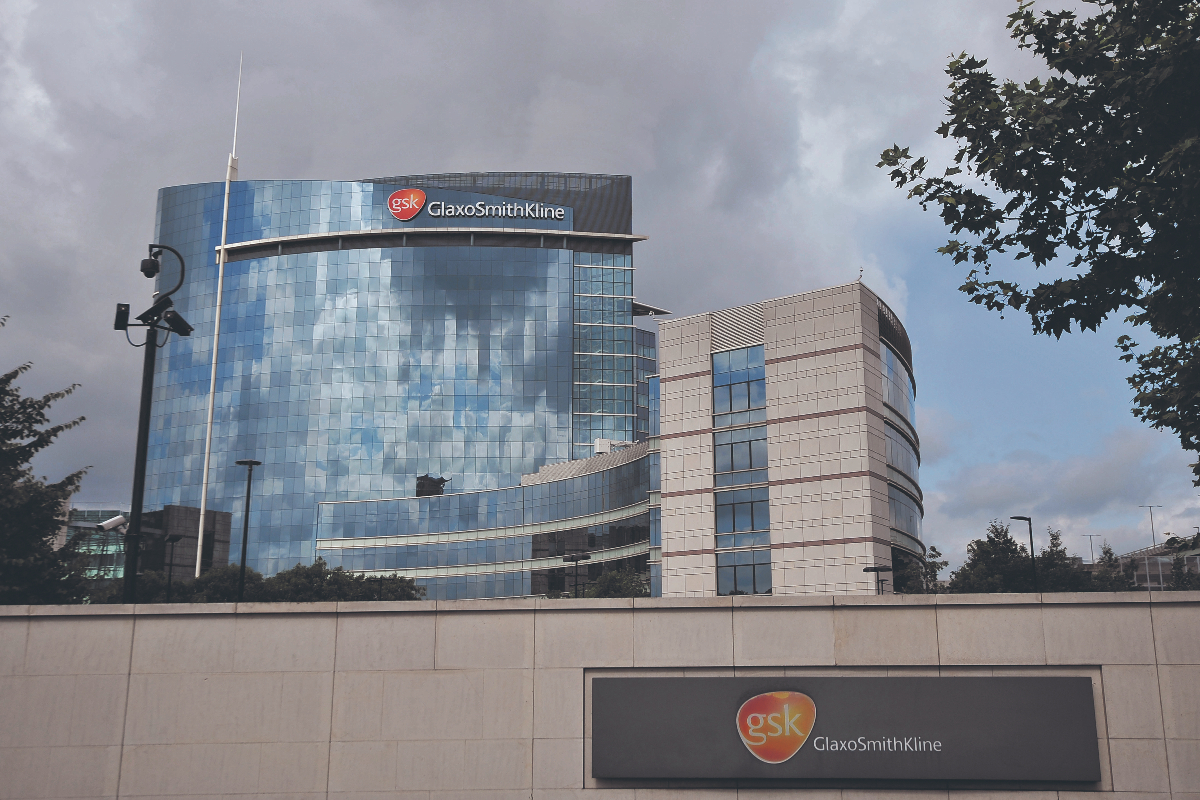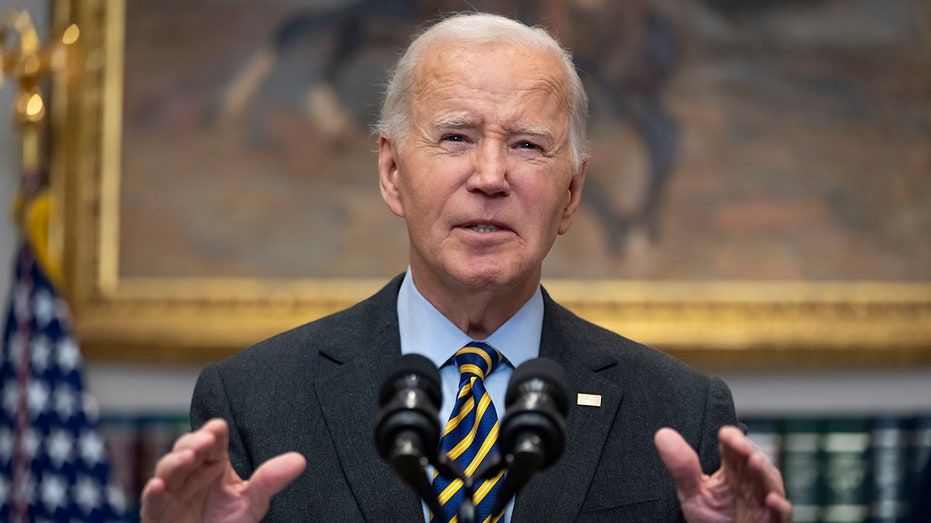GSK receives US breakthrough therapy designation for lung cancer treatment
Pharmaceutical group GSK has been granted breakthrough therapy designation by the US Food and Drug Administration (FDA) for a key lung cancer treatment. The breakthrough therapy designation is designed to expedite the development and review of drugs with the potential to treat a serious condition. Only treatments that are shown to offer a substantial improvement [...]


Pharmaceutical group GSK has been granted breakthrough therapy designation by the US Food and Drug Administration (FDA) for a key lung cancer treatment.
The breakthrough therapy designation is designed to expedite the development and review of drugs with the potential to treat a serious condition.
Only treatments that are shown to offer a substantial improvement over currently available therapy are awarded this designation.
GSK’s treatment, its investigational B7-H3-targeted antibody drug conjugate, or GSK’227, is being evaluated for the treatment of patients with extensive-stage small-cell lung cancer.
The drug is aimed at patients who have seen disease progression on or after platinum-based chemotherapy.
The FDA breakthrough therapy designation has been awarded based on data from the drug’s ongoing phase one trial of more than 200 patients.
The trial’s results will be presented at the 2024 World Conference on Lung Cancer at the beginning of September.
Lung cancer is one of the most common cancers worldwide, and in the US, approximately 15 per cent of all lung cancers are small-cell.
What’s more, of those patients with small-cell lung cancer, 70 per cent have extensive-stage disease, according to GSK. That means the cancer has spread to one or both lungs and/or other parts of the body.
The five-year survival rate for these cancers is three per cent.
GSK acquired exclusive worldwide rights, excluding China’s mainland, Hong Kong, Macau, and Taiwan, from Hansoh Pharma earlier this year to progress the clinical development and commercialisation of GSK’227.
Hesham Abdullah, senior vice president, global head oncology, research and development, GSK, said: “Extensive-stage small-cell lung cancer is aggressive with poor prognosis and significant need for new treatments. Today’s breakthrough therapy designation supports our ambition to accelerate GSK’227 for these patients as part of our broader antibody drug conjugate programme focused on developing new treatment options with transformational and first-to-market potential.”



